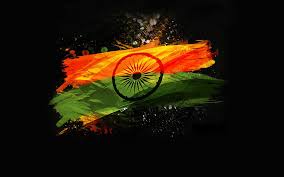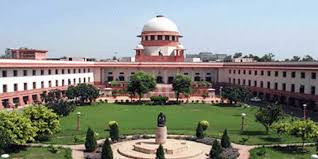GRAM NYAYALAYA

■ GRAM NYAYALAYA :-- The literally meaning of gram nyayala is "Rural Court". (GRAM= RURAL & NYAYALAYA= COURT). Gram Nyayalayas are mobile village courts in India established for speedy and easy access to justice system in the rural areas of India. They are aimed at providing inexpensive justice to people in rural areas at their doorsteps. Gram Nyayalayas were established for speedy and easy access to the justice system in the rural areas across the country. • The Gram Nyayalayas Act came into force on October 2, 2009. • In terms of Section 3(1) of the Act, it is for the State Governments to establish Gram Nyayalayas in consultation with the respective High Courts. • Gram Nyayalaya are established generally at headquarter of every Panchayat at intermediate level or a group of contiguous panchayat in a district where there is no panchayat at intermediate level. • The Gram Nyayalayas are presided over by a Nyayadhikari. • A Gram Nyayalaya have jurisdiction o...

